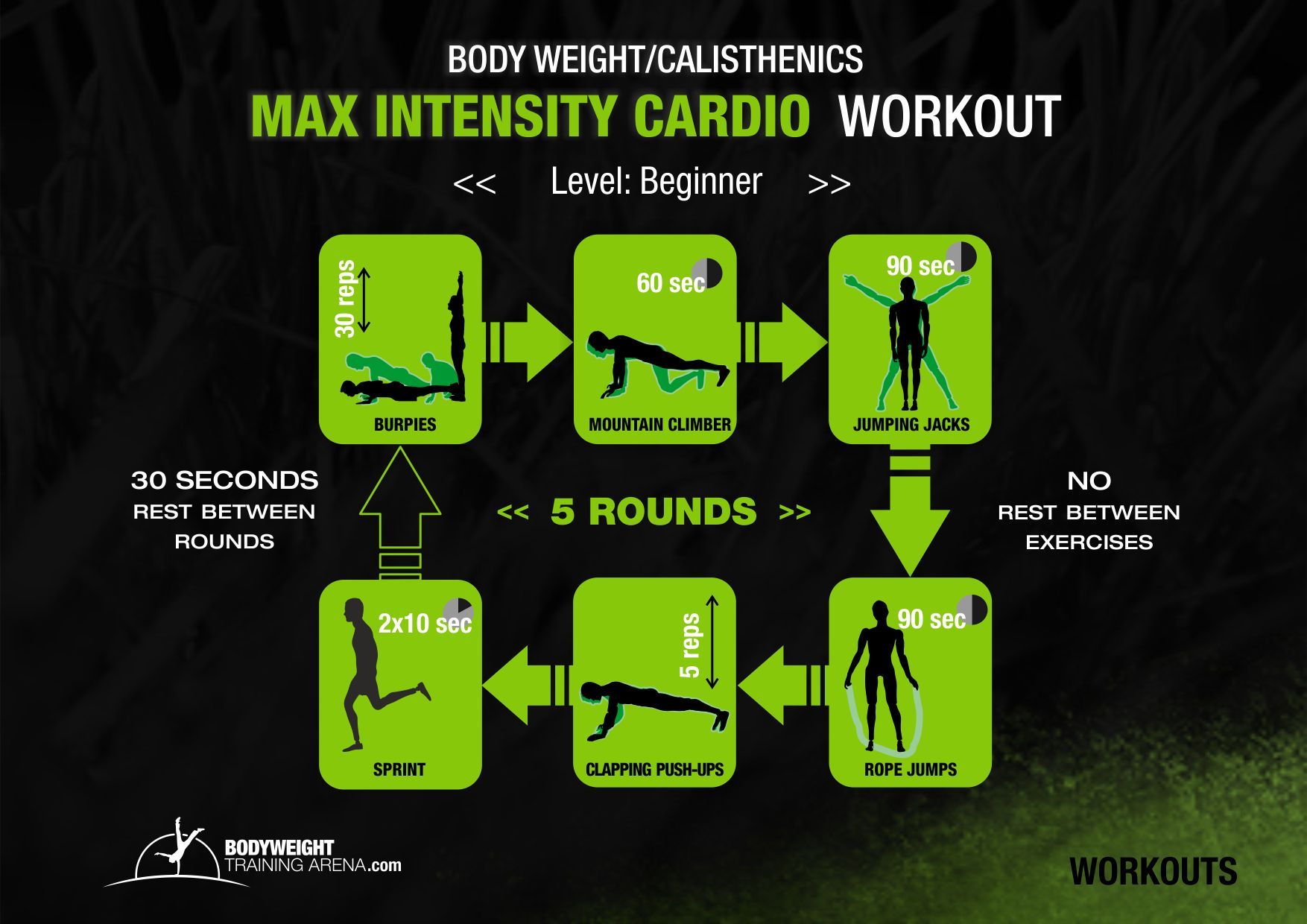
Calisthenics is a form of exercise that relies solely on bodyweight movements to build strength, flexibility, and endurance. It is a highly effective way to improve overall fitness without the need for expensive equipment or a gym membership. However, to get the most out of your calisthenics workouts, you need to fuel your body with the right nutrition.
Importance of Nutrition in Calisthenics
Proper nutrition plays a vital role in supporting your body’s ability to meet the demands of calisthenics training. When you perform bodyweight exercises, your muscles require energy to perform the movements and recover afterward. The right nutrients and adequate hydration are essential for optimal performance and effective recovery.
Macronutrients for Calisthenics
Calisthenics training places unique demands on the body, and to meet these demands, you need to focus on consuming the right balance of macronutrients – proteins, carbohydrates, and fats.
Proteins
Proteins are the building blocks of muscle tissue and are crucial for muscle repair and growth. When engaging in calisthenics, you stress your muscles, creating micro-tears that need to be repaired. Consuming an adequate amount of protein will help support muscle recovery and enhance overall strength and performance. Good sources of protein include lean meats, poultry, fish, eggs, dairy products, legumes, and plant-based protein powders.
Carbohydrates
Carbohydrates are the primary source of energy for your body, providing fuel for intense calisthenics workouts. They are stored as glycogen in your muscles and liver, and when you train, your body taps into these glycogen stores for energy. Consuming sufficient carbohydrates ensures that you have the energy needed to complete your workouts and aids in quick recovery. Opt for complex carbohydrates like whole grains, fruits, vegetables, and legumes to provide a steady release of energy throughout your training sessions.
Fats
Fats provide a concentrated source of energy and play a crucial role in supporting overall health. They aid in the absorption of certain vitamins and provide insulation for your organs. When it comes to fats, focus on consuming healthy sources such as avocados, nuts, seeds, oily fish, and olive oil. These provide essential fatty acids that are beneficial for heart health and overall well-being.
Micronutrients for Calisthenics
In addition to macronutrients, it is essential to pay attention to your intake of micronutrients – vitamins and minerals that play a crucial role in supporting various physiological functions. Some key micronutrients for calisthenics enthusiasts include:
Vitamin D
Vitamin D is crucial for bone health, immune function, and muscle strength. While your body can produce vitamin D when exposed to sunlight, it is also found in foods like fatty fish, fortified dairy products, and egg yolks.
Calcium
Calcium is essential for maintaining strong bones and preventing injury. Ensure you incorporate calcium-rich foods such as dairy products, leafy green vegetables, and fortified plant-based milk into your diet.
Iron
Iron is vital for oxygen transport in the blood and energy metabolism. Ensure you meet your iron requirements by consuming lean meats, poultry, fish, legumes, and dark leafy greens.
Antioxidants
Antioxidants are important for reducing oxidative stress caused by intense exercise. Include a variety of fruits and vegetables in your diet to ensure an adequate intake of antioxidants.
Hydration
Hydration is often overlooked but plays a crucial role in supporting optimal performance during calisthenics workouts. Dehydration can lead to decreased energy levels, muscle cramps, and impaired cognitive function. Make it a habit to drink water throughout the day and ensure you are adequately hydrated before, during, and after your workouts.
Pre and Post-workout Nutrition
Optimizing your pre and post-workout nutrition can significantly enhance your calisthenics performance and recovery.
Before your workout, consume a combination of easily digestible carbohydrates and protein to provide immediate fuel and support muscle repair. This could be a fruit smoothie with added protein powder or a small meal containing lean protein and complex carbohydrates.
After your workout, prioritize consuming a protein-rich meal or shake within 30-60 minutes to kickstart the recovery process. This helps replenish glycogen stores and aids in muscle repair and growth.
Conclusion
In conclusion, calisthenics is an effective way to build strength and improve overall fitness. However, to achieve your goals, don’t overlook the importance of nutrition. By fueling your body with the right balance of macronutrients, incorporating vital micronutrients, and staying adequately hydrated, you can enhance your performance, support muscle recovery, and achieve long-term success in your calisthenics journey.